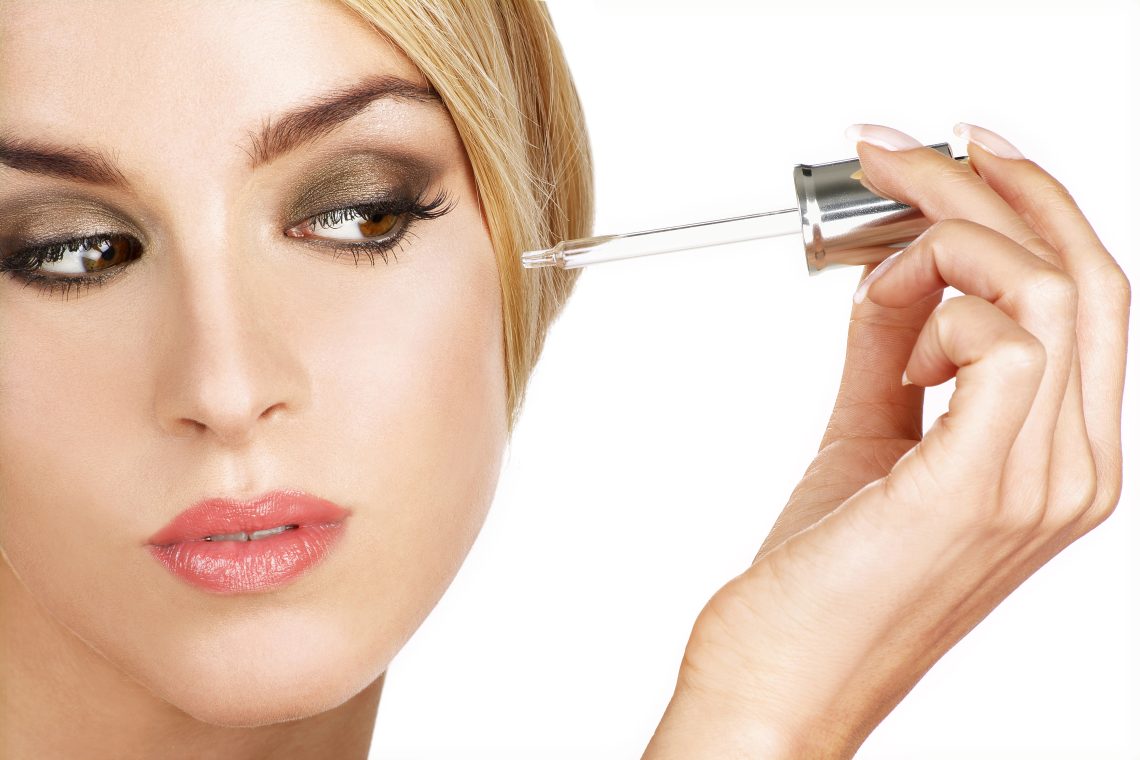Achieving maximum hydration for your skin involves choosing the suitable serum tailored to your needs. Serums are concentrated formulas crafted to penetrate the skin deeply, effectively delivering active ingredients that provide hydration and nourishment. Selecting the right serum for maximum hydration can seem daunting with various options available, but understanding key factors can simplify the process.
Understanding Your Skin’s Needs
Before selecting a serum, assessing your skin type and specific hydration needs is crucial. Different skin types need different formulations to achieve optimal results. For instance, dry or mature skin may require richer formulations like those offered by hyaluronic serum with additional moisturizing agents to combat dehydration and fine lines. On the other hand, oily skin types benefit from lightweight, non-comedogenic options that hydrate without clogging pores. These often contain salicylic acid or tea tree oil, which help regulate oil production while providing hydration. Look for products infused with botanical extracts such as chamomile or shea butter, known for their soothing and nourishing properties and ideal for restoring moisture balance in drier skin types. Understanding these differences ensures you choose a product that effectively addresses your skin’s needs, promoting balanced hydration and a healthier complexion.
Key Ingredients to Look For
Essential ingredients are pivotal in the effectiveness of a hydrating serum. Look for ingredients like glycerin, ceramides, and vitamin E to enhance the skin’s moisture barrier and prevent moisture loss, promoting long-lasting hydration. Ceramides help strengthen the skin’s natural barrier function, reducing water loss and maintaining hydration throughout the day. Vitamin E hydrates the skin from environmental stressors that can lead to moisture depletion and premature aging.
Product Texture and Absorption
The texture of the serum is another critical consideration. Lightweight products are ideal for individuals with oily skin because they absorb swiftly into the skin. These often have a water-like consistency that sinks into the skin effortlessly, providing an immediate boost of hydration. On the other hand, thicker formulations or those containing emollients are more suitable for dry skin types, offering a robust barrier to retain moisture effectively. Look for products that contain squalane or jojoba oil, which mimic the skin’s natural oils and help replenish moisture levels in dry skin. Ensuring the product absorbs well into the skin ensures maximum efficacy and prevents discomfort or stickiness, making it suitable for seamless integration into your daily skincare routine.
Choosing Based on Formulation
Serums come in various formulations, such as gel-based, oil-based, or water-based. Gel-based options are ideal for oily or acne-prone skin types because they offer a lightweight, non-greasy texture. They often contain niacinamide or witch hazel ingredients, which help regulate sebum production and refine pores while providing hydration. Oil-based products, enriched with nourishing oils like jojoba or argan oil, are ideal for dry or mature skin, providing intense hydration and replenishment. These create a protective barrier on the skin’s surface, sealing in moisture and improving overall suppleness. Water-based options, often containing higher concentrations of active ingredients, benefit all skin types, delivering potent hydration without heaviness. Look for products with added humectants such as panthenol or amino acids, which attract moisture to the skin’s surface, keeping it hydrated throughout the day and ensuring comprehensive care tailored to your skin’s needs.
Considering Additional Benefits
Many serums offer additional benefits besides hydration, such as antioxidant protection, anti-aging properties, or soothing effects. Antioxidant-rich options containing ingredients like vitamin C or green tea extract help combat free radicals, which contribute to premature aging and dull skin. These products hydrate and brighten the complexion, promoting a more radiant appearance. Look for one that combines multiple benefits, such as hydration and anti-aging properties, to streamline your skincare routine effectively, ensuring comprehensive care and visible skin texture and tone improvements.
Photo by photosforyou on Pixabay
Application and Usage Tips
To maximize the benefits of your serum, proper application is essential. Start with a clean face and apply a pea-sized amount evenly onto damp skin, gently pressing it into the face and neck. Wait until the serum has completely absorbed before applying moisturizer. Include it in your skincare regimen once or twice daily. Remember to patch-test new products to ensure compatibility with your skin type and observe any potential reactions before completing the application. Following these guidelines and integrating the product into your daily skincare regimen can enhance your skin’s moisture levels, promoting a healthier and more radiant complexion.
Choosing a suitable serum, such as hyaluronic serum, for maximum hydration involves understanding your skin’s unique requirements and selecting a formulation tailored to those needs. Following these guidelines and integrating the product into your daily skincare regimen can enhance your skin’s moisture levels, promoting a healthier and more radiant complexion.
Read more beauty and skin care articles at ClichéMag.com
Images provided by Deposit Photos, BingAI, Adobe Stock, Unsplash, Pexels, Pixabay & Creative Commons


